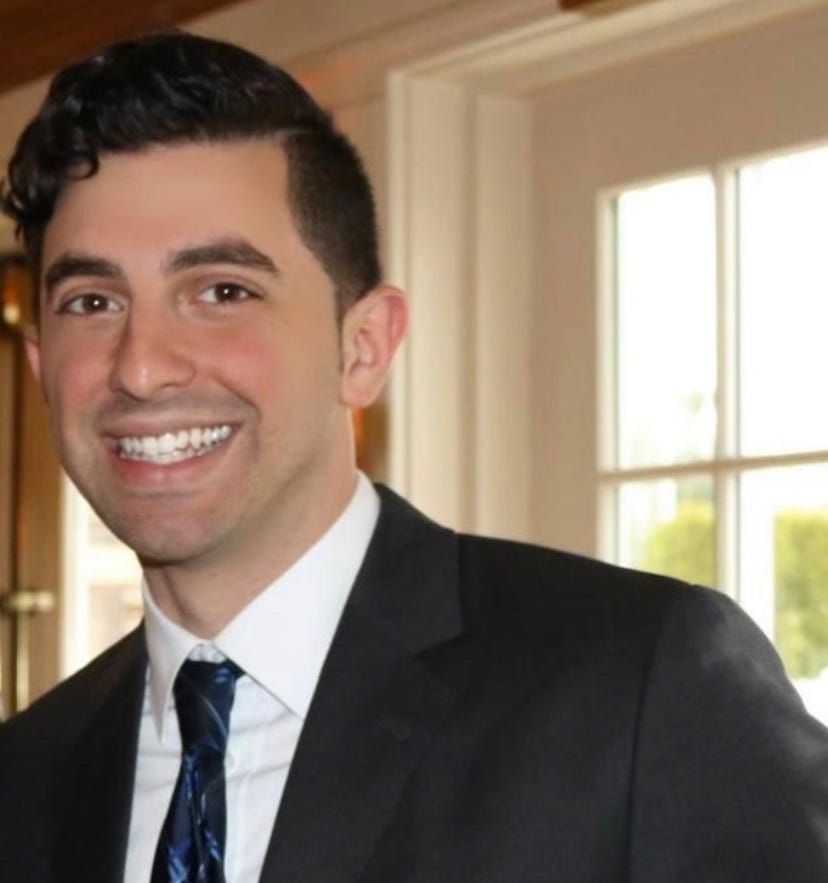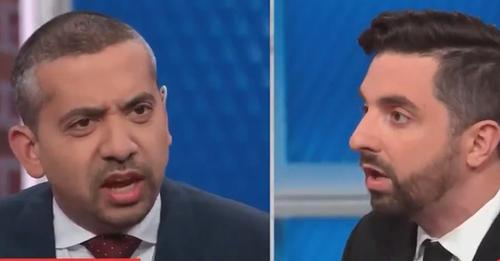Ryan Girdusky who is a prominent political strategist and conservative commentator, has recently found himself at the center of controversy following remarks made during a live broadcast on CNN’s NewsNight with Abby Phillip. Girdusky’s comments, directed towards journalist Mehdi Hasan, have sparked outrage and led to his removal from the panel mid-segment.
Key Takeaways:
- Ryan Girdusky is a political strategist and conservative commentator with a history of working on high-profile campaigns.
- He founded the 1776 Project to promote conservative values in local school boards.
- Girdusky’s remarks on CNN led to backlash and his removal from the panel, igniting discussions about political discourse and free speech.
Ryan Girdusky Ethnicity and Wiki

Born and raised in New York City, Girdusky has built a career as a political strategist and commentator. He started his journey in politics in 2007, working on various campaigns, including those of NYC Councilwoman Helen Sears, Michael Bloomberg for Mayor, and Bob Turner for Congress. Girdusky’s expertise has made him a sought-after voice in conservative media, where his insights on critical issues such as immigration and race relations have been published in several outlets, including The Washington Examiner and The American Conservative.
In 2021, Girdusky founded the 1776 Project, a political action committee aimed at endorsing and electing conservative candidates to local and state school boards. His upcoming book, They’re Not Listening: How the Elites Created the National Populist Revolution, explores themes of populism and elite governance in contemporary America.
Ryan Girdusky comes from a white ethnic background. He was born and raised in New York City, where his experiences shaped his perspectives on political and social issues. His ethnic identity has occasionally influenced his commentary and interactions, particularly in discussions surrounding race relations in America. Girdusky’s remarks during a recent appearance on CNN have drawn scrutiny, as some perceived them as crossing the line into ethnic insensitivity. This incident has sparked discussions about the responsibilities of public figures in addressing race and ethnicity within the context of political discourse.
Ryan Girdusky’s Controversy
During a heated exchange on CNN, Girdusky made a remark that was perceived as an ethnic slur, stating, “I hope your beeper doesn’t go off.” This comment was interpreted as a reference to a tragic incident involving Hezbollah and was met with immediate backlash. Hasan confronted Girdusky, questioning if he was implying that he should die. The confrontation escalated quickly, leading to Girdusky’s removal from the segment.

Following the incident, CNN issued a statement condemning Girdusky’s remarks as unacceptable and announced that he would no longer be invited back to the network. Girdusky, however, defended himself on social media, claiming that his comment was intended as a joke. He criticized CNN for their perceived bias, stating, “You can stay on CNN if you falsely call every Republican a Nazi and have taken money from Qatar-funded media. Apparently, you can’t go on CNN if you make a joke.”
The incident has prompted a flurry of reactions from the public and media commentators. Many have weighed in on the appropriateness of Girdusky’s remarks and the implications of his removal from CNN. Critics have called for accountability and a reevaluation of acceptable discourse in political commentary, while supporters argue for the importance of free speech in the face of political correctness.
Girdusky’s career has been marked by both his advocacy for conservative values and his willingness to engage in contentious discussions. The recent controversy, however, raises questions about the boundaries of political commentary and the responsibilities that come with public discourse.
